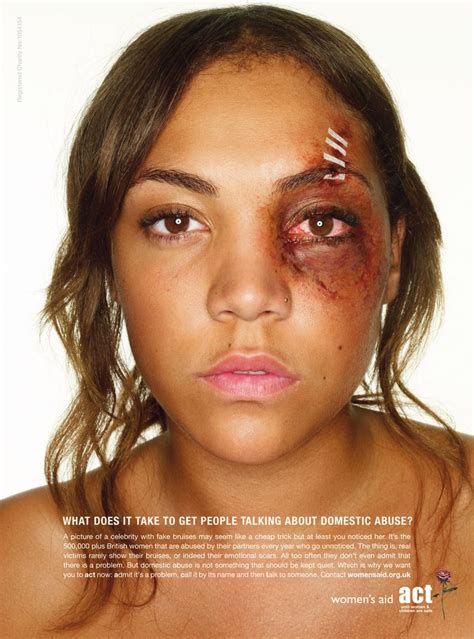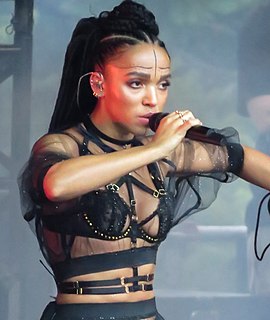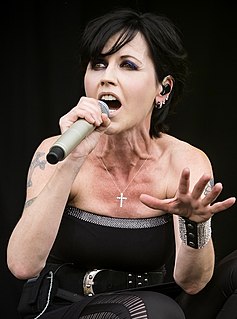A Quote by Miquita Oliver
Black boys always fancy a mixed-race girl. That's my theory anyway.
Related Quotes
Black is confusing. Where does the line start and stop with what is black and what isn't black? People that are mixed-race, or, imagine being from Sri Lanka or Bangladesh, people might say you're black but your features are so non-black, like you've got straight hair, you've got like a sharper nose, or such.
I guess, in a way, I grew up mixed race: half white, half black. That question's always been on my mind: 'What are you? Are you this or that? Are you a white dude or are you a black dude?' In a strange way, music and comedy is kind of the same thing. I'm both. They're just different modes of expression.

































